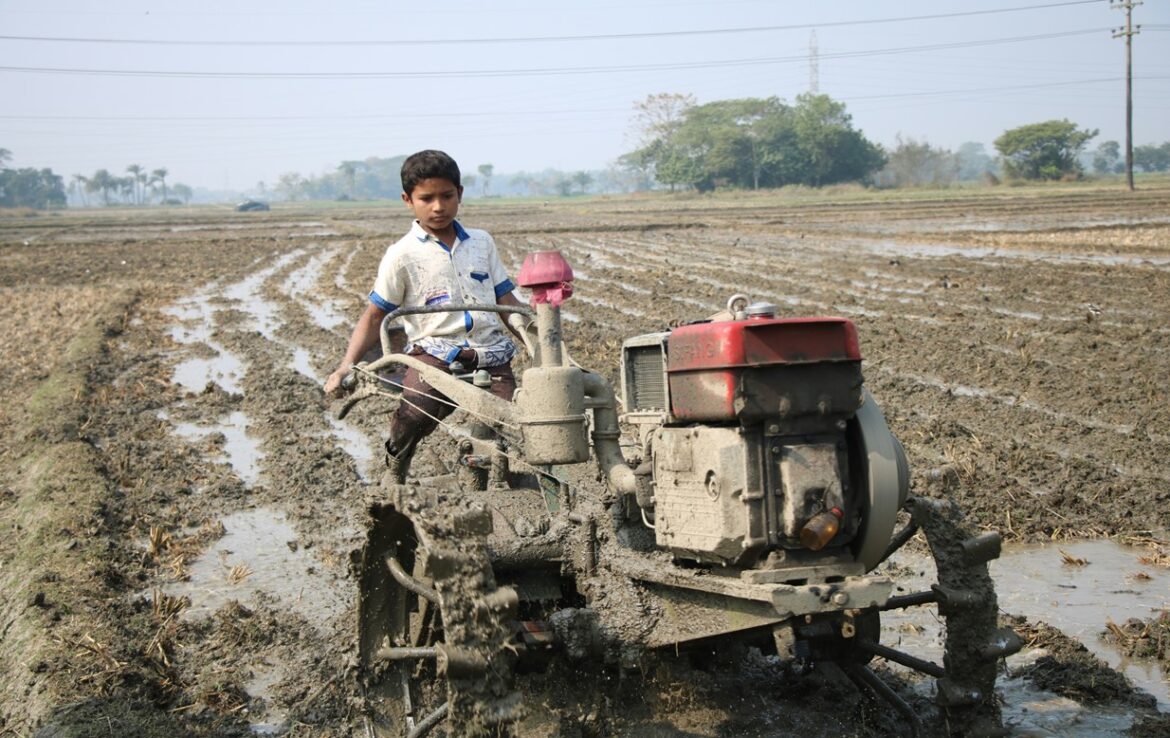New smart watering systems in Rangpur and Dinajpur have led to good paddy production, with farmers in the northern region recording record rice production this season. With the technology behind water management, that plan is now being exported to a smart way of farming that will increase productivity and use less water.
Developed by local agri-tech startup Krishitech Solutions, the system uses soil sensors and weather data to determine when and how much water to apply to the fields. It doesn’t just help harvest water, it also ensures that the crop receives an even amount of water, especially during the Boro paddy season.
Md. Karim Uddin, a paddy farmer in Rangpur, has seen a 20 percent increase in yield on his two acres of paddy land. “I used to irrigate by guesswork. These days, I get alerts on my phone when it’s time to water the fields and how much water to apply. It saves me time and effort,” he said.
The pilot initiative, which was launched just five days ago, is being implemented in collaboration with the Department of Agricultural Extension (DAE) with the support of the Dutch Development Fund. It is particularly valuable in areas where water management is becoming more difficult due to the lack of rainfall.
Smart irrigation is a system that does not just stop at supplying water to the land, it also helps solve another major problem, which is the depletion of groundwater. Many farmers are still drawing excess water from old tube wells, which can lead to water shortages in the future and make it difficult to grow crops.
To solve this problem, smart irrigation technology uses a method that uses real-time data to understand exactly how much water is needed. As a result, water is not wasted, and it is possible to save water for the future.
According to agricultural experts, this smart irrigation system can make a huge difference for small farmers in Bangladesh.
“If this system can be introduced in other parts of the country, it will help increase food production in the country and reduce the cost of farmers by using less water. It will also benefit the ambience,” says Dr. Nasima Akhter, an agronomist at the DAE (Department of Agricultural Extension).
The government is closely monitoring this smart irrigation project. There are plans to expand its scope to 15 districts next year. There is also a plan to train rural youth to play the role of “agri-tech helpers” so that they can install and maintain this technology in their areas. This success story shows how new thinking in agriculture can actually benefit local people. Bangladesh needs to increase food production and do so with less water and less cost. Such smart and modern solutions show the right path to survival and prosperity in the future.

